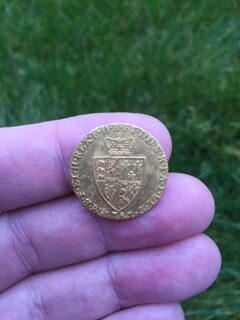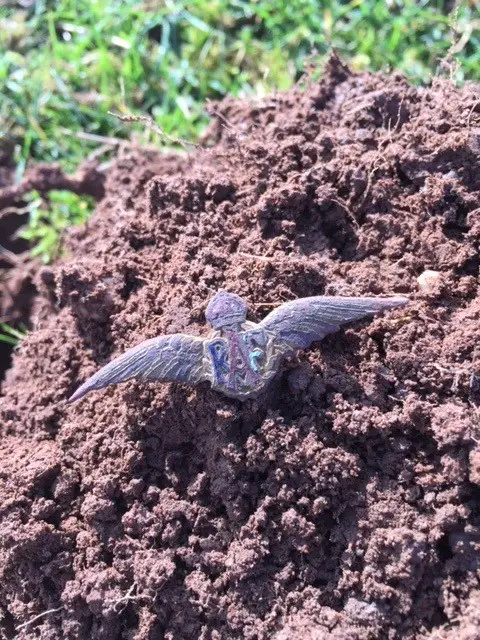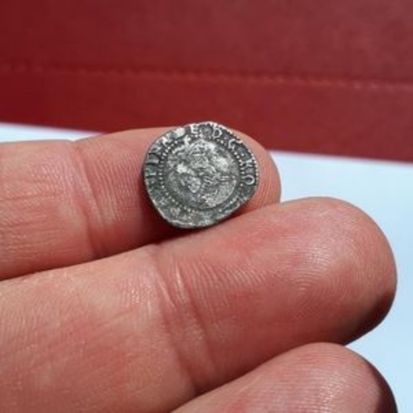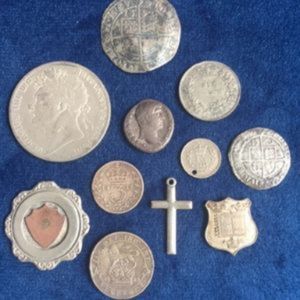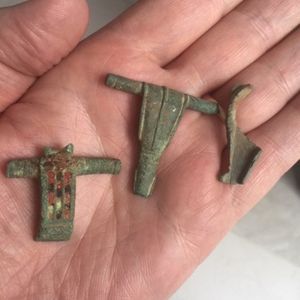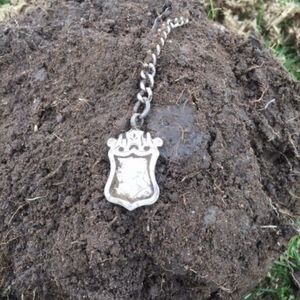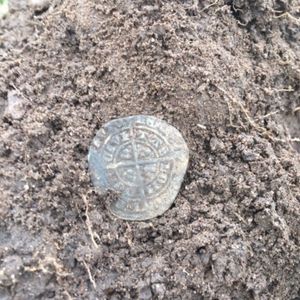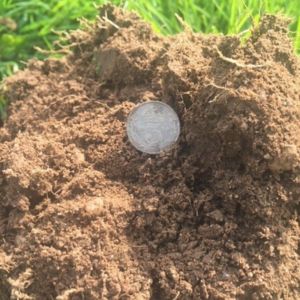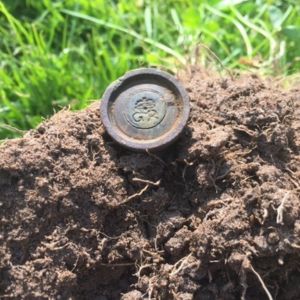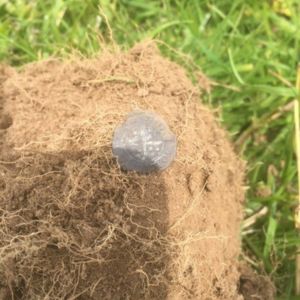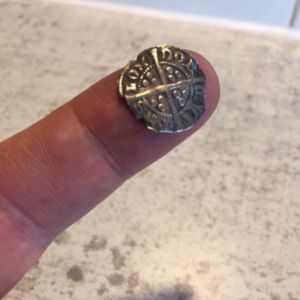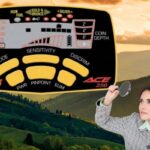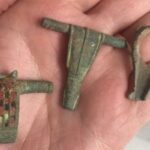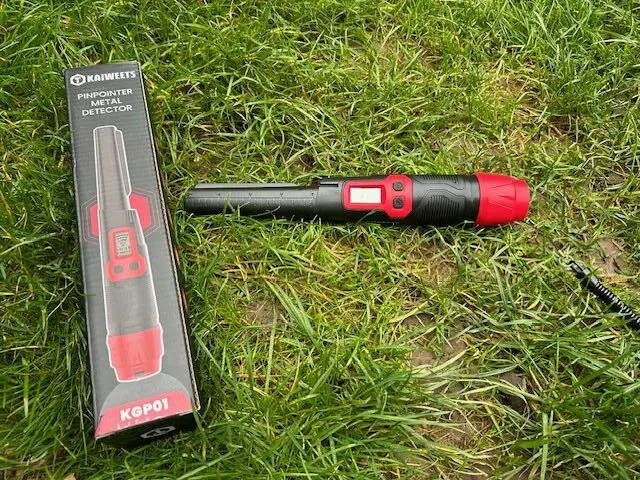Best metal detector for gold
All hobby metal detectors have the ability to find gold along with other precious metals. There are however several major factors that can affect how “well” a detector will find a gold target.
These factors include the size of the gold target, its shape, its orientation in the ground, its depth in the ground and any ground contamination like mineralisation for example.
It probably won’t be a great revelation to you that as with most things in life, you get what you pay for. This can be the norm for most hobbies where the more you pay, the better a piece of kit will perform.
This is the same in the metal detecting world. Purchase a low cost metal detector and it will perform within its brief and find things. It will however struggle when presented with challenges above.
As you invest more money into choosing a metal detector, the better it will perform. I have deliberately used the term “invest” because to a certain extent, it will be an investment.
I would love for you to read my whole article but if you’re in a hurry, my recommendation for an entry level multi frequency machine is the Minelab Vanquish 340 for under £250.
If your budget is below this but you are eager to get out hunting, the Quest X5 is my recommendation and packs a serious punch for the money.
Links to my articles on these machines are further on in this article.
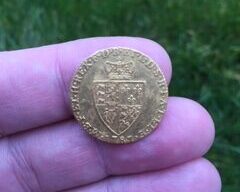
The better a metal detector, the more it will find and the more it will recoup the cost of the money you invested into it.
One good find could pay for it instantly so look at it as an investment.
From personal experience, gold is one of those naturally occuring materials that evokes real emotion when you find it.
It’s the fact that regardless of the time it been underground, nothing changes it or effects it.
It’s completely inert so comes out of the ground exactly the same as when it went into the ground. My George III, 22ct gold, full spade guinnea here of 1797 glinted in the sunlight when I unearthed it!
My heart was pounding when I picked it up for the first time since it was lost!
Metal detecting gold coins
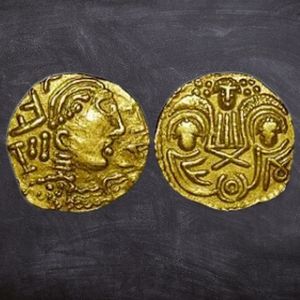
Okay, lets look into what you could typically expect to find in the UK that relates to gold coinage.
In the UK, we are (depending on how you wish to view this!) lucky enough to have been conquered several times.
This means that we have a wealth of history and finds beneath our feet that spans thousands of years.
Gold coins can be found from the Celtic and Saxon periods through to the medieval and post medieval.
Even gold coins after this in the form of sovereigns up to the Victorian period are often found. With gold prices rising, these often can provide and extra source of income if sold.
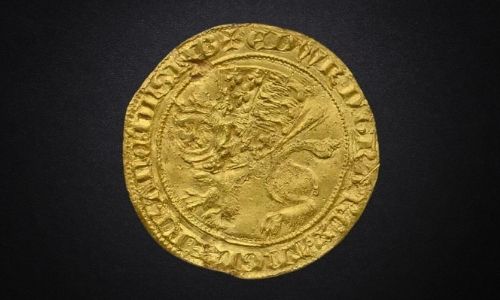
It must be remembered however, and it’s a good place to mention here about The Treasure Act.
Depending on certain circumstances, some finds may need to be declared by law.
You can find out everything you need to know in my article here about The Treasure Act and the definition of treasure.
Gold coins from throughout this long period can come in many forms. Some are big, some are small. Some are thick and some are very thin. Thus come the challenges of a cheaper detector.
Can a metal detector detect gold?
As I eluded to earlier, all metal detectors can detect gold but some do it better than others. Gold is what is known as a “low conductor”. Conversely, silver and copper are known as “high conductors”.
All non ferrous metals have a specific electrical conductivity that can be placed on a scale. This scale is located on a detectors main screen and a flashing icon will determine where your target is on that scale.
This is a bigger topic than the scope of this article but I have a very useful article here on metal conductivity and discrimination here.
The way a metal detector works is by creating a balanced electromagnetic field around its search coil which projects into the ground. When a metallic target enters this field, it becomes unbalanced.

The amount and the way the metallic object disrupts this balanced field is the way a metal detector tries to determine what type of metal it is by using some very clever maths!
I have another article that explains this further here on metal detector coil types and how they work.
Now comes the tricky part which I’ll keep as simple as possible.
As I explain further in my article on metal conductivity, different metals react in different ways to certain electromagnetic frequencies.
Stay with me here!……..low conductors (like gold) react best to higher frequencies. High conductors (like silver and copper) react best to lower frequencies if they are of a thicker nature.
Which metal detector is best for gold?
Some metal detectors are know as “single frequency”. This is because the electromagnetic field they produce only operates on one frequency.
Some metal detectors are known as “multi frequency” which means that their electromagnetic field operates on several frequencies.
Before multi frequency technology existed, only single frequency metal detectors were available. You therefore had to make a choice if you wanted a low frequency machine or a high frequency machine.
They both have good points and similarly, they both have shortcomings. The lower frequency machines would be deeper seeking but be less sensitive to smaller, thinner targets.
The higher frequency machines would not be as deep seeking but be hyper sensitive to shallower, thinner and smaller targets like hammered coins. Frequencies would range from 3 KHz up to about 40 KHz.
You would always be left wondering if you had missed a target due to way a machine worked. Wouldn’t it be fantastic if you could get a machine that simultaneously used a spread of low to high frequencies!
This was the age old question and for a period was thought of as “the holy grail” before a company called Minelab pioneered it and called it “Multi-IQ”.
Until then, gold hunters always went for the higher frequency machines as they were more sensitive to gold and in particular, small gold.
Today, a carefully chosen machine that uses multi frequency technology can harness the deep seeking benefits of lower frequencies and the sensitivity of the higher frequencies meaning you miss much less.
Multi frequency machines by the nature of how they work also handle tough ground conditions with ease including wet beaches that can cause single frequency detectors to go mad!
Multi frequency detectors are really the only choice if you want to hunt on beaches, especially the wet part. Beaches can prove to be one of the most viable sources for extra income.
I have an article on beach metal detecting and top tips here.
I also have a great article here explaining all about metal detecting multi frequency technology.

Unbeatable Multi Frequency!
You can now get the ultimate power of multi frequency technology over single frequency detectors with the Minelab Vanquish range of detectors.
The entry level Vanquish 340 now gives you ultimate depth, stability and sensitivity on all target types in every soil, including wet beach sand.
Metal detector choices for gold
If I was writing this article a few years ago, I would of recommended choosing a higher frequency machine for this purpose depending on your budget.
I would also have recommended that you spend as much as you could afford as it will pay off in the end. The fact of the matter is that if you are new to metal detecting or looking to get into it, you have hit the perfect time.
You can harness this multi frequency technology and have the best chances of finding something life changing for less than £250 now. A few years ago, this would of been unheard of and out of reach.
If your budget will stretch to just under £250, my serious recommendation would be the Minelab Vanquish 340. You can read my more in depth article on the Minelab Vanquish here.
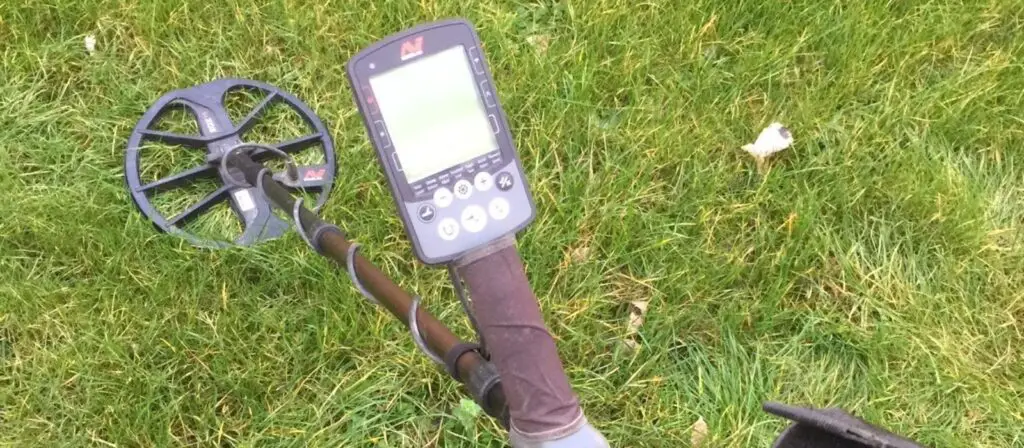
The Minelab Vanquish range include to 340, 440 and 540.
Progression towards the Minelab Equinox jumps another league with the 600 and 800.
(The Equinox 800 is the machine I use!)
The Nokta Legend is also a very serious multi frequency contender with a growing following. Check out my article on the Nokta Legend here.
If your budget is less than this but you are seriously looking to get out there and start detecting with a beginner machine that packs a punch, read my article on the Quest X5 here.
I hope this article has been of help and maybe sparked an interest. Feel free to look around my site for more information about the metal detecting world.
Happy hunting and stay safe.
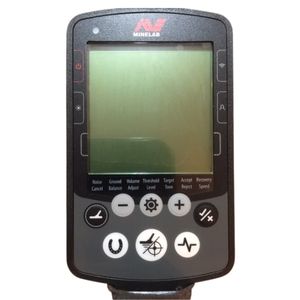
The Minelab Equinox 800
The ultimate and original multi frequency machine that has opened up a whole new world in detecting technology.
Deep detection and constant stable target identification.



